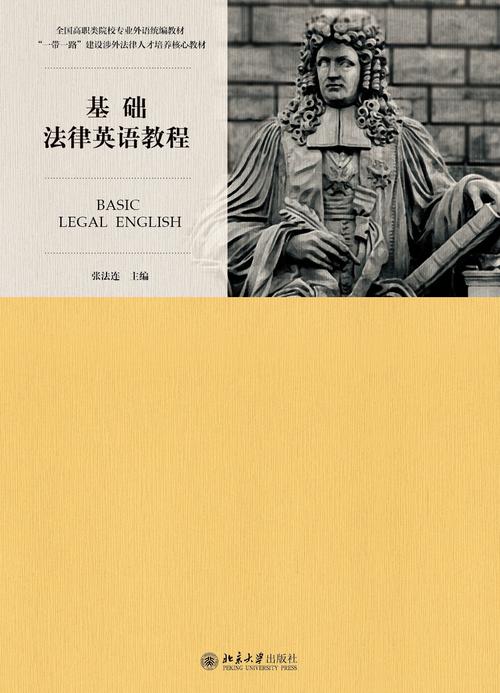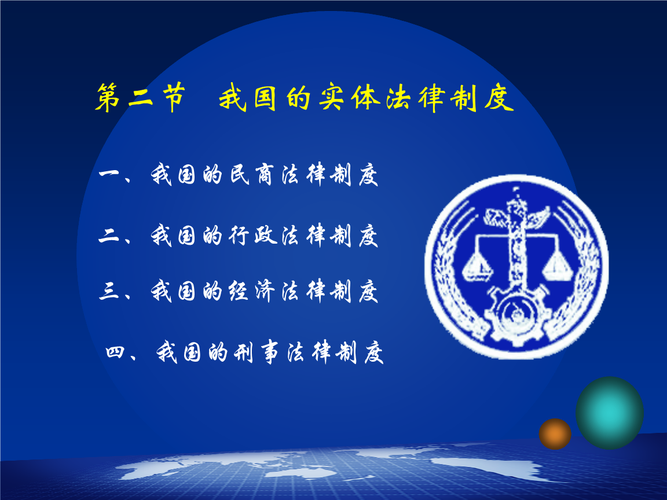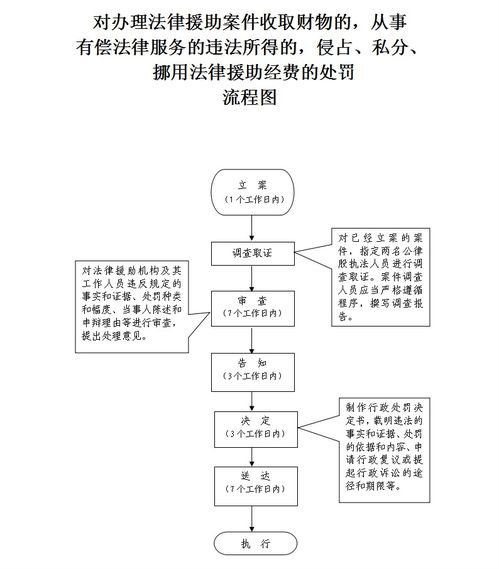Title: Understanding Legal English in International Contexts
In the realm of international law, clear communication is paramount. Legal English serves as the lingua franca, facilitating understanding and collaboration among legal professionals worldwide. Let's delve into the nuances of legal English in international contexts and explore its significance.
1. Foundations of Legal English:
Legal English encompasses a specialized vocabulary, grammar, and syntax tailored to the legal profession. Its precision and clarity are essential for drafting contracts, treaties, and other legal documents. Mastery of legal terminology, including Latin phrases like "prima facie" and "habeas corpus," is fundamental.
2. Challenges and Ambiguities:

Despite its structured nature, legal English can present challenges due to its complexity and potential for ambiguity. Ambiguous language can lead to misunderstandings and disputes, especially in crossborder transactions. Therefore, precision and attention to detail are imperative.
3. International Legal Instruments:
International legal documents, such as treaties and conventions, require meticulous drafting in clear and unambiguous language. Ambiguities or linguistic inconsistencies may impede the interpretation and implementation of these instruments, undermining their effectiveness.
4. Translation and Interpretation:
Translating legal texts accurately is a specialized skill that demands not only fluency in both languages but also a deep understanding of legal concepts. Legal translators must convey the precise meaning of the original text while accounting for linguistic and cultural differences.
5. Cultural Sensitivity:
In international legal contexts, cultural nuances can significantly impact communication and interpretation. Legal professionals must be sensitive to cultural differences in language usage, negotiation styles, and legal frameworks to foster effective collaboration.
6. Standardization Efforts:
Efforts to standardize legal terminology and drafting practices on a global scale aim to enhance clarity and consistency in legal communication. Initiatives such as the Plain Language Movement advocate for simpler, more accessible legal writing to improve comprehension and accessibility.
7. Professional Development:
Continuous learning and professional development are essential for legal professionals to stay abreast of evolving language trends and best practices. Training programs and resources focusing on legal English proficiency can help enhance communication skills and mitigate linguistic challenges.
8. Conclusion:
In the interconnected world of international law, proficiency in legal English is indispensable for effective communication and collaboration. By mastering the nuances of legal language, legal professionals can navigate crossborder transactions, draft precise legal documents, and uphold the principles of justice on a global scale.
Understanding and leveraging the intricacies of legal English empower legal practitioners to bridge linguistic and cultural divides, facilitating cooperation and advancing the rule of law in an increasingly globalized society.
This understanding not only enhances professional competency but also strengthens the foundations of international legal cooperation and the pursuit of justice across borders.
Let's Connect:
If you want further guidance or have specific questions about legal English or any other topic, feel free to reach out. I'm here to help!








